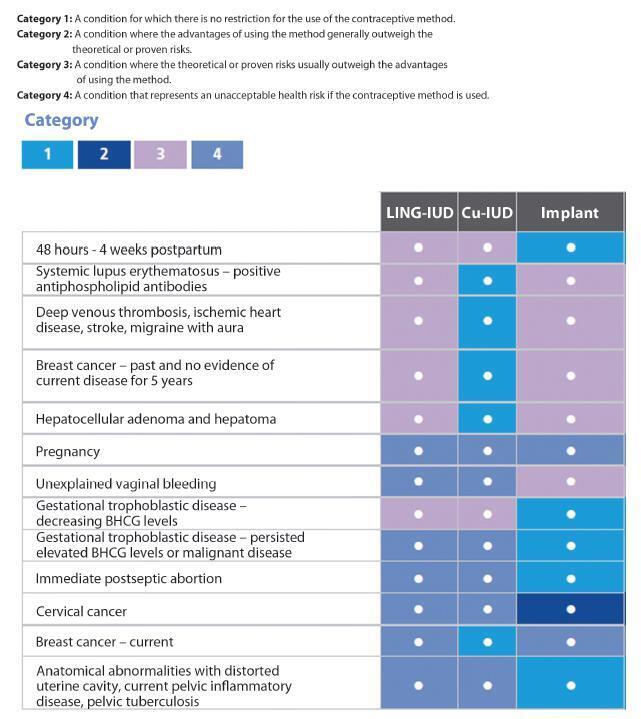Revista Brasileira de Ginecologia e Obstetrícia. 06-01-2017;39(6):294-308

Unwanted pregnancy is a major public health problem both in developed and developing countries. Although the reduction in the rates of these pregnancies requires multifactorial approaches, increasing access to long-acting contraceptive methods can contribute significantly to change this scenario. In Brazil, gynecologists and obstetricians play a key role in contraceptive counseling, being decisive in the choice of long-acting reversible methods, characterized by intrauterine devices (IUDs) and the contraceptive implant. The vast scope due to the reduced number of situations to indicate long-acting methods should be emphasized in routine contraceptive counseling. On the other hand, gynecologists and obstetricians should adapt the techniques of insertion of long-acting methods, and engage in facilitating conditions to access these contraceptives through public and private health systems in Brazil. This study is part of a project called Diretrizes e Recomendações FEBRASGO (Guidelines and Recommendations of the FEBRASGO – Brazilian Federation of Gynecology and Obstetrics Associations from the Portuguese acronym). It aims to review the main characteristics of long-acting contraceptives and critically consider the current situation and future prospects to improve access to these methods, proposing practical recommendations of interest in the routine of gynecologists and obstetricians.
Search
Search in:


Comments